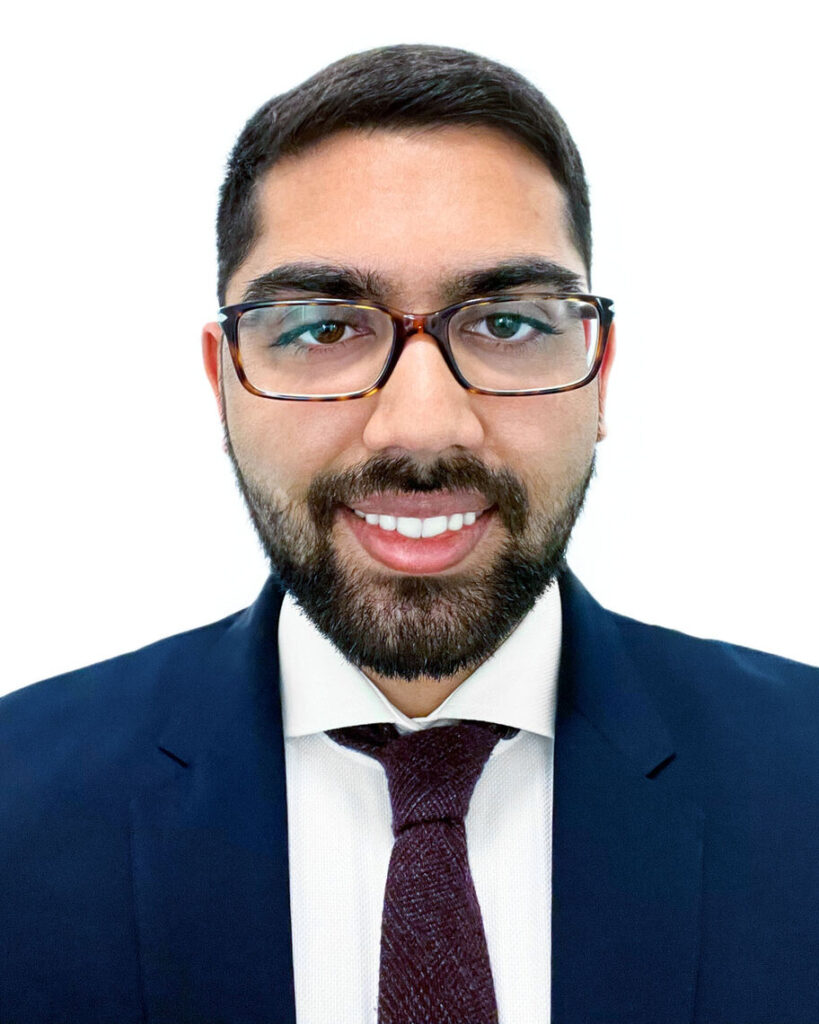- Fellow Highlights
LOOKING BACK AT THE FELLOWSHIP: MD Student Rishi Goel
2022 Paul & Daisy Soros Fellow Rishi Goel is a resident physician at Massachusetts General Hospital.
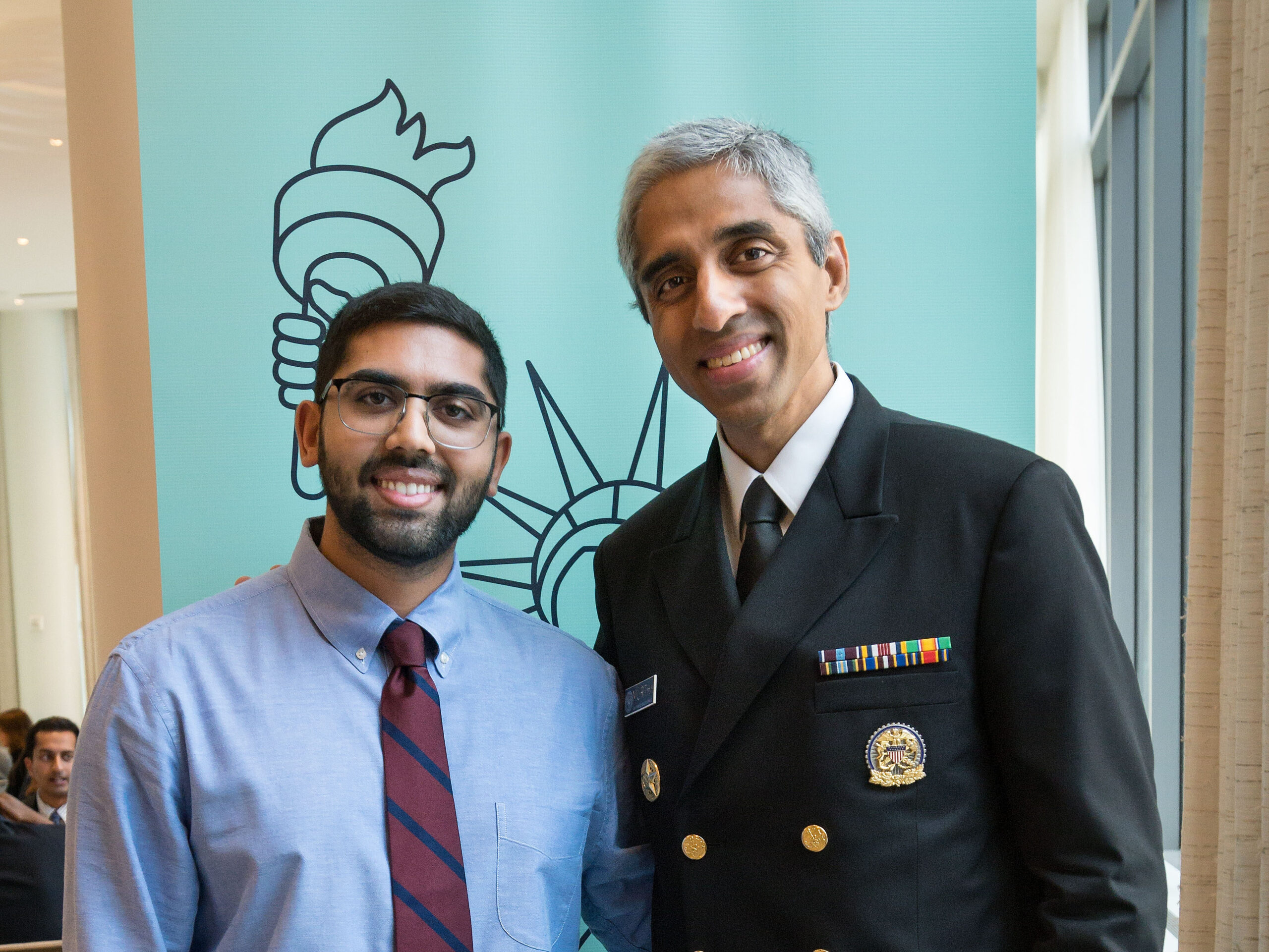
Growing up, Rishi was inspired by his grandfather—a professor of civil engineering – who brought scientific curiosity and wonder to everyday household tasks.
Rishi graduated Phi Beta Kappa from the University of Michigan with a bachelor’s degree in biochemistry and a minor in applied statistics. Through his work at the Michigan Nanotechnology Institute, Rishi became fascinated by the immune system’s ability to learn and improve over time, and began to wonder how the immune system could be applied or engineered to treat disease. For his undergraduate thesis, Rishi designed and tested a novel therapeutic vaccine for food allergies that was able to re-train pathologic immune responses and suppress disease.
After his undergraduate education, Rishi earned a master’s degree in immunology from the University of Oxford. At Oxford, he was awarded highest distinction for his academic work. He then completed an IRTA Fellowship at the National Institutes of Health, investigating new mechanisms of tissue damage in autoimmune diseases like lupus and rheumatoid arthritis.
We caught up with Rishi about what’s next and what the Fellowship has meant to him:
Where are you with your graduate program now? Whether you’re still in school or you’ve graduated, what’s the next step for you or what are the steps you’ve taken after graduating?
I just graduated with my medical degree (MD) from the Perelman School of Medicine at the University of Pennsylvania! This summer I’ll be moving to Boston to pursue the next step of my training as a physician-scientist. I’ll be doing my first year in internal medicine at Massachusetts General Hospital, followed by my specialty training at the Harvard Combined Dermatology residency program. Until then, I am enjoying some much needed rest and relaxation back home with my family in Michigan.
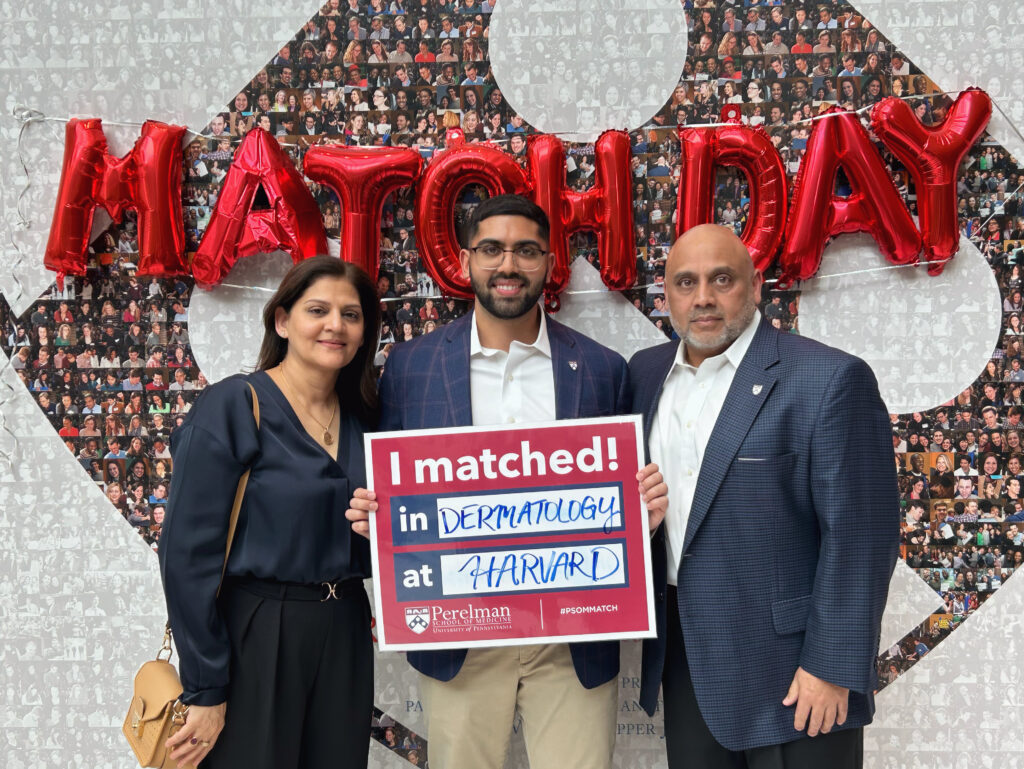
Can you tell us more about your graduate studies? What questions were you/are you pursuing? What was/is the main focus of your studies?
The major focus of my work for the last 10 years has been trying to 1) understand how the immune system works and 2) how to apply or engineer it to treat disease. Alongside my research interests, I found a passion for clinical medicine, which gave me opportunities to apply my scientific knowledge in a way that directly impacts the health of individual patients and families. These combined interests in translational immunology and patient care led me to pursue a medical degree at Penn.
As an immunologist, the COVID-19 pandemic was a call to action. In response, I decided to jump back into the research lab and tackle some big questions about this new virus, including how long immunity might last, how this immunity may be affected by emerging viral variants, and how immunity from vaccination compares with immunity acquired through infection. Along with my mentor, E. John Wherry, and an amazing team of scientists, we were able to define the immunobiology of SARS-CoV-2 and further our understanding of the efficacy and longevity of vaccine strategies. We also collaborated with clinical teams at Penn to study patients on different immunosuppressive therapies, and in doing so were able to better understand vaccine effectiveness in these vulnerable populations and also uncover novel features of human biology.
Moving beyond the pandemic, this work has been a catalyst for a new precision immunology initiative that we call “Immune Health”. The goal of this approach is to identify unique immune fingerprints and integrate this information with clinical data to identify which treatments may benefit specific patients across a variety of diseases. I hope to continue working on understanding immune health and building better and more precise therapies in my residency training, with a specific focus on complex skin disease.
Do you have any favorite memories from the past two years as a Paul & Daisy Soros Fellow?
The fall conferences were a definite highlight. Everything from the scheduled events to our impromptu adventures around Manhattan (photo attached) fostered a sense of community and belonging, and I have made life-long friends from it.
Another favorite memory was from my recent medical school graduation. Nikka (one of the amazing PD Soros admins and proud Philadelphian) was able to attend my graduation ceremony at the Kimmel Center. It was so special to have representation from the fellowship at this major event celebrating the culmination of my graduate studies. Nikka also had a chance to to meet my parents and grandfather, who are the foundation of my experiences as a New American.
What advice would you give to someone who is thinking of applying to The Paul & Daisy Soros Fellowships for New Americans?
1) You should absolutely apply. It costs nothing but your time to complete the application and you have an amazing opportunity to join a lifelong community of PD Soros fellows that will support your work at every step of the journey. You also learn so much about yourself and your family through the application process. I personally re-applied for the fellowship after not getting it on my first try. Even in that first “failed” application, I was able to reflect on what I wanted to accomplish in my career and also connect with parts of my family’s immigration story that I had not known previously.
2) Be ambitious. I think the fellowship is really looking for folks who are going to be change-makers in their respective fields. Put the crazy ideas you have on paper. Set a vision for yourself and the work you want to do, and then try to convince the people reading applications why you are the person who is going to make the difference.
3) Make your work accessible to everyone. One of the special qualities of the PD Soros fellowship is that it brings people from such different backgrounds and professional fields together. In my class, we have fellows from traditional fields like medicine and law. But we also have fellows who are pursuing their graduate degrees in economics, agricultural science, and even cello performance. That diversity of talent is really unique and special, and I have learned so much from the people in my class. Most other graduate fellowships are quite narrow in focus and so the application can be highly technical. In writing your Soros application, zoom out a bit and think about the broader impact of your work. Find a way to make your work exciting to people outside of your field. If you are able to do that, you will be successful.
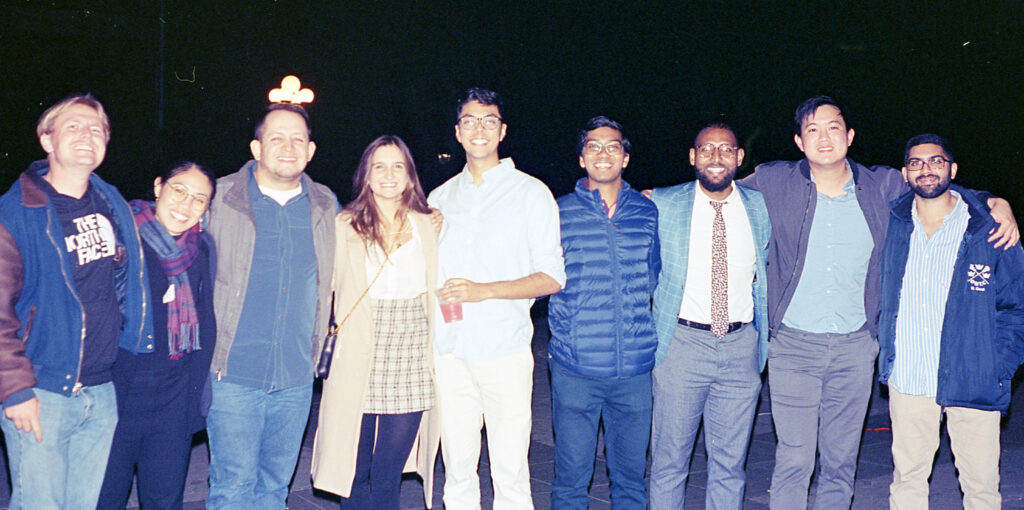
You’re now finishing up your second year of the Fellowship program. Has the Fellowship been what you expected?
The fellowship has been everything I could have asked for and more. The tuition and stipend support go a long way towards offsetting the cost of graduate education. But more than that, the fellowship community has been extraordinary. My class of fellows continues to stay in touch with a very active WhatsApp group and it has been so inspiring to see everything they have and continue to accomplish. The local Soros crew in Philadelphia has also been so welcoming and it is such a joy to spend time with and learn from fellows at different stages of their career/life (with the added bonus of exploring some amazing restaurants around the city). More broadly, the entire PD Soros network has been accessible and willing to help. As I was deciding on what specialty I was interested in and which programs were the best fit, I cold emailed several previous fellows for advice. To my surprise, I was met with enthusiastic and thoughtful replies that helped guide my decision. As I transition to the next step of my career, I know the collective wisdom of the fellowship community will continue to be an asset, and I am excited to pay it forward for the newer classes of fellows as well. ∎
Keep Exploring
-
 Read more: The Public Voices Fellowship of PD Soros, in partnership with the Oped Project: Year Four
Read more: The Public Voices Fellowship of PD Soros, in partnership with the Oped Project: Year FourThe Public Voices Fellowship of PD Soros, in partnership with the Oped Project: Year Four
-
Read more: NOT ON MY RESUME: Ming Hsu Chen
- Fellow Highlights
- Fellows in Action
NOT ON MY RESUME: Ming Hsu Chen
-
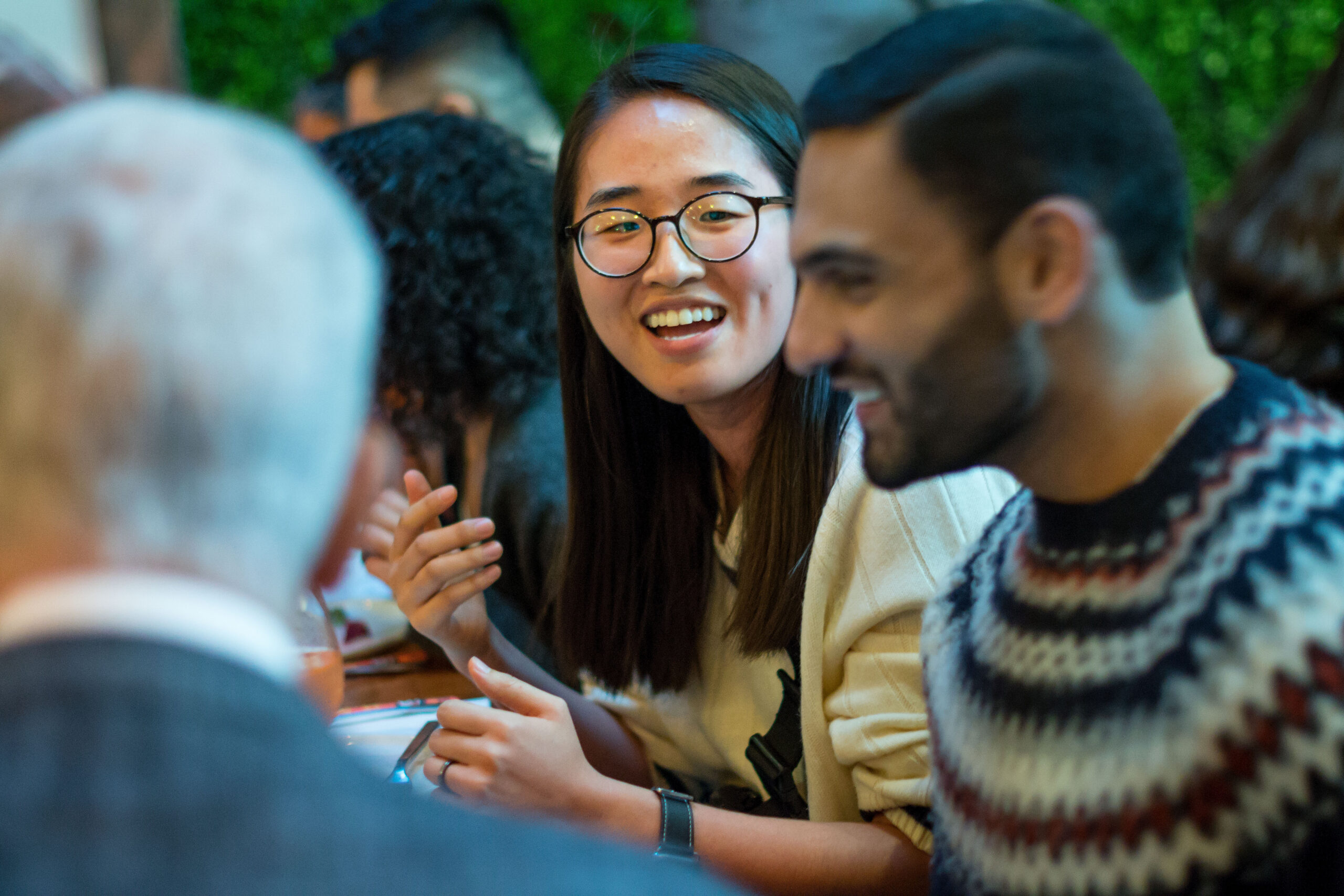 Read more: Kathy Ku Steps into Leadership as PDSFA Chair
Read more: Kathy Ku Steps into Leadership as PDSFA Chair- Board of Directors
- Fellowship News
Kathy Ku Steps into Leadership as PDSFA Chair
-
 Read more: Q&A with MD/PhD Student Silvia Huerta Lopez
Read more: Q&A with MD/PhD Student Silvia Huerta LopezQ&A with MD/PhD Student Silvia Huerta Lopez
